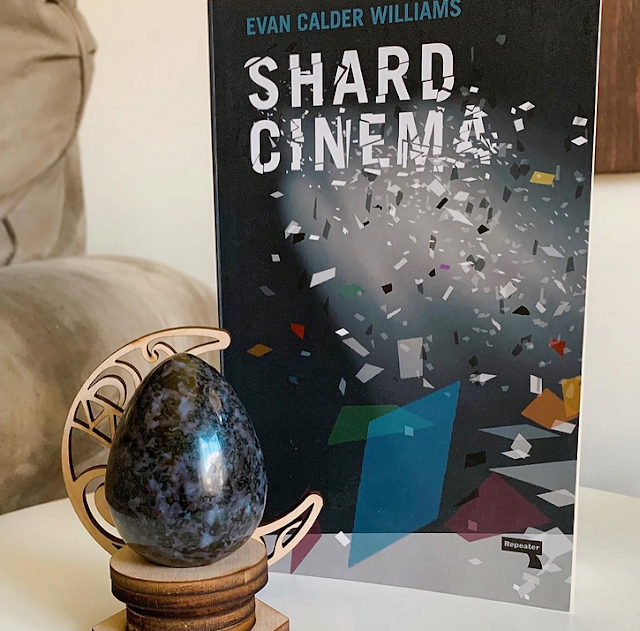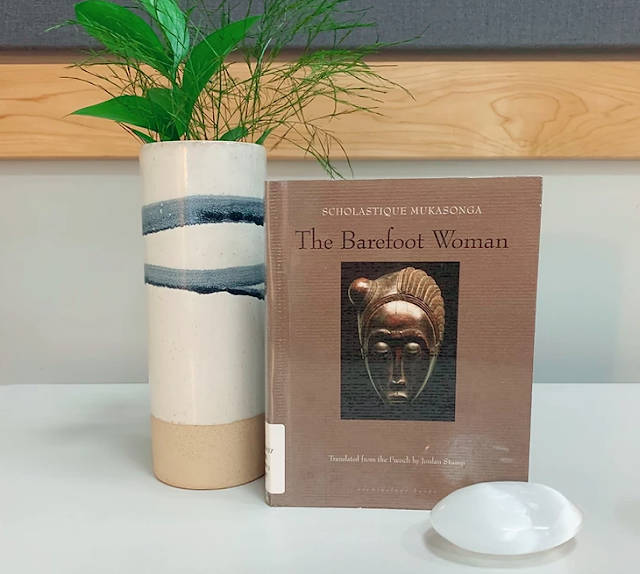"Libidinal Economy" by Jean Francois Lyotard (published 1970)

For a philosophical text translated from French to English, reading Lyotard's Libidinal Economy (1970) wasn't too difficult, albeit requiring, of course, ample time and concentration. And for the book having been published a little over fifty years ago, the text remains significant today as a commentary on those forces that drive us, either towards death or into life, passionately, lovingly, flailingly, pathetically, skillfully, terribly, hatefully, so on and so forth... enmeshing us within Lyotard 's concept of the libidinal band - that kind of mobius strip exemplifying the only kind of economy we'd want to be a part of - one that knows no difference between the revealing physical exteriors and the inner, innate, structures that define what lies within. Much of the fascinating aspects of this text ride on the socio-cultural manifestations concerning how the libidinal economy flourishes (as opposed to an economy purely political or purely religious). Sexuality, Marxis




